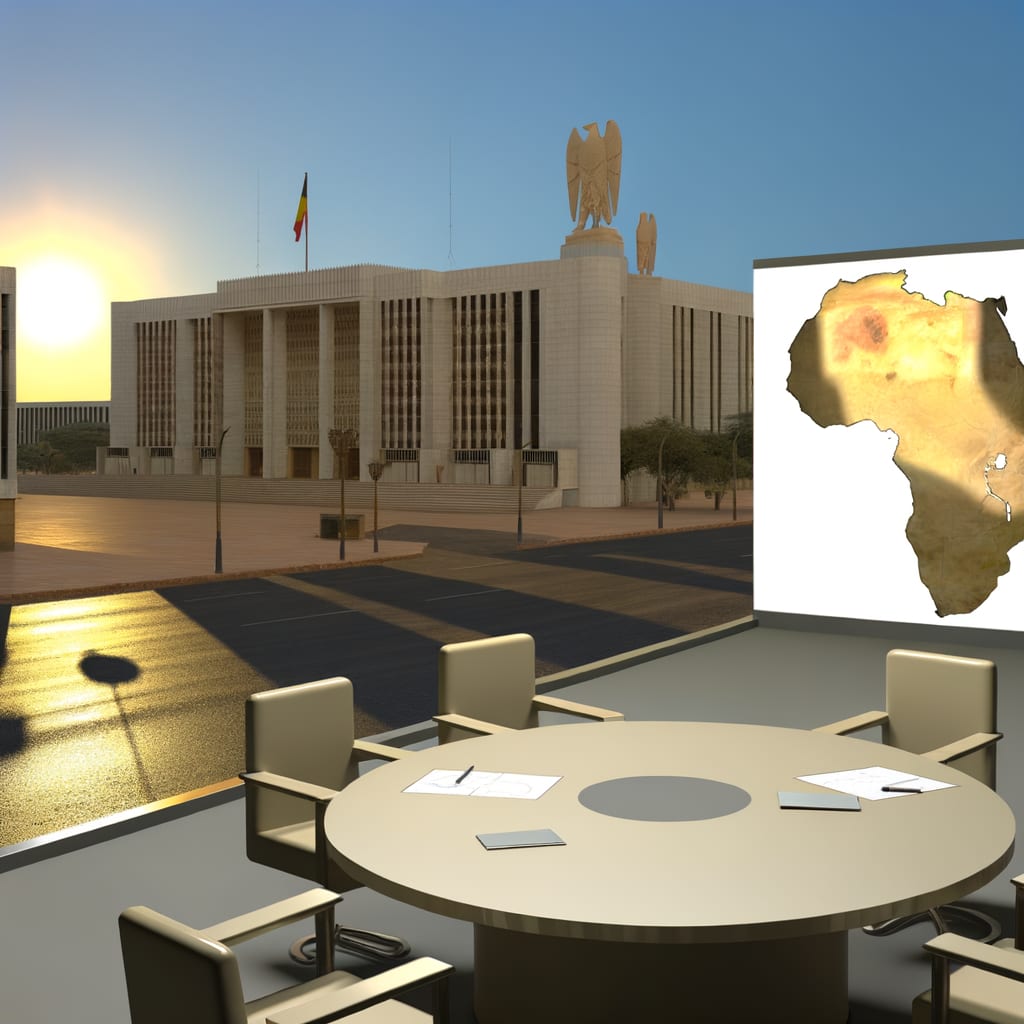Sudan’s Rapid Support Forces Accused of Atrocities in Darfur: A Comprehensive Analysis
The ongoing civil war in Sudan has taken a gruesome turn with the seizure of El-Fasher, the capital of North Darfur, by the paramilitary Rapid Support Forces (RSF). The RSF, which has been accused of committing war crimes and atrocities against civilians, is now under scrutiny from international communities and human rights organizations.
Background and Context
The RSF's recent capture of El-Fasher marks a significant turning point in Sudan's war. The fall of the city, once the last army stronghold in Darfur, has left thousands dead or displaced and many civilians still trapped. The RSF has been accused of violence against civilians, which could constitute war crimes.
A chilling picture of the atrocities committed during the capture of El-Fasher has been painted through the analysis of online videos, satellite images, and eyewitness accounts. Among the atrocities, the use of Canadian-made rifles by the RSF has raised concerns over the public tracking of arms sales.
Key Developments
New satellite images from Yale University's Humanitarian Research Lab suggest the existence of 'mass graves' in El-Fasher, evidence consistent with body disposal activities
. The UN estimates 82,000 of El-Fasher's total population of 260,000 fled after RSF atrocities, with many still trapped.
Despite the atrocities, the RSF has announced its acceptance of a three-month humanitarian truce proposed by the Quartet, made up of the United States, United Arab Emirates, Saudi Arabia, and Egypt. The acceptance has raised both hopes and reservations for relief amid Sudan's devastating war.
Implications and Reactions
The international community has responded strongly to the RSF's actions. Sudan's ambassador to the US, Mohamed Abdalla Idris, urged the Trump administration to designate the RSF as a terrorist organization, while also rejecting a UAE-affiliated peace deal to end the civil war.
Egypt and Turkey have moved to support the Sudanese Armed Forces following the fall of El-Fasher, seeing the RSF's atrocities as a potential threat to their own defense. Meanwhile, questions are growing about the involvement of foreign actors, particularly Israel and the United States, in shaping the trajectory of Sudan's civil war.
Conclusion
The situation in Sudan remains grim, with reports of kidnappings and mass killings by the RSF. The international community continues to grapple with the crisis, while the people of Sudan bear the brunt of the conflict. As the same villages burn, the same people flee, and the same perpetrators walk free, the world is reminded of the vow of “Never Again,” two decades after the initial tragedy in Darfur.

